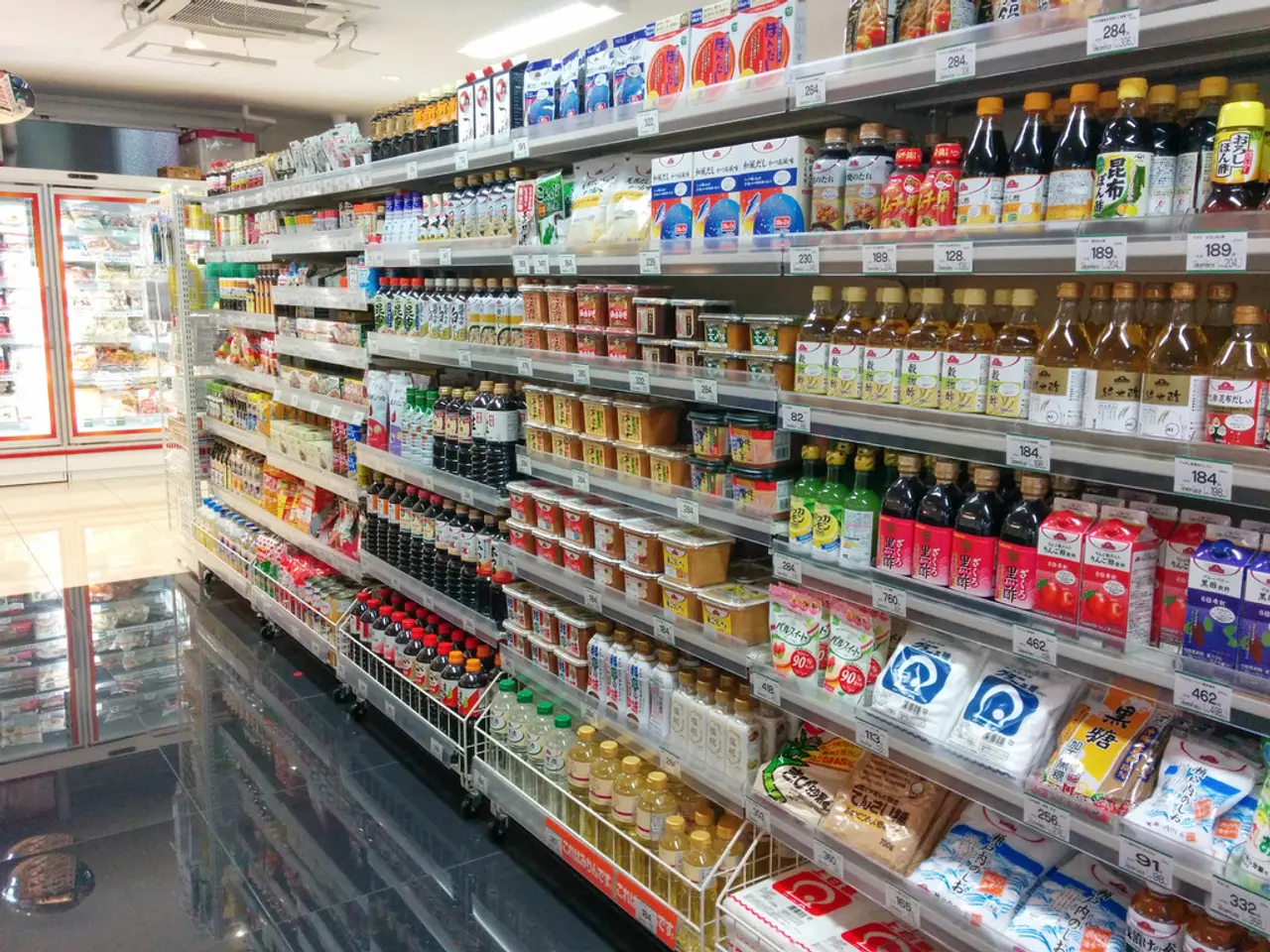Government officials detail strategies for comprehensive and effective tax policies
The Vietnamese government is preparing to implement significant changes in the tax system for business households, with the draft Law on Tax Administration set to replace the current version and be submitted to the National Assembly for approval in October. This new law aims to abolish the presumptive tax scheme for business households, requiring them to switch to a profit-based tax declaration system by January 1, 2026 [1].
Business households with annual revenue exceeding certain thresholds will be required to declare taxes based on actual profits, integrating them into the national tax management system similar to small enterprises [1]. To support this transition, several measures are being proposed.
Upgrading local tax management platforms to integrate declaration, payment, and submission processes digitally is one such measure. Providing automated digital accounting tools designed for household businesses and continuing training programs to improve digital financial skills for these enterprises are also part of the plan [1].
Nguyen Thi Cuc, chair of the Vietnam Consultancy Tax Association, has suggested raising the tax exemption threshold for business households to $20,000 [2]. A proposal is also being considered to raise the threshold for businesses not subject to Value-Added Tax (VAT) and Personal Income Tax (PIT) from $8,000 to $16,000, meaning business households with annual revenue less than $16,000 will not have to pay tax [2].
Business households are classified into four groups based on annual revenue. Group 1, with revenue less than VND200 million ($8,000), will not be subject to tax. Group 2, with annual revenue of $8,000-$40,000, is encouraged to use e-invoices when buying and selling goods. Group 3, with annual revenue of $40,000 to $400,000, will have to self-declare and pay taxes, use accounting and invoices. Group 4, anything higher than $400,000, will have to use e-invoices with codes from the tax authority [2].
If selling directly to consumers, e-invoices must be used from cash registers for groups 3 and 4. All business households will have to fill in seven types of accounting books regardless of their revenue [2].
The Vietnam Academy of Social Sciences (VASS) commented that a suitable implementation roadmap is needed for changing the tax management policy for micro-enterprises. They suggested improving the legal framework, providing simple accounting software and free e-invoices for household businesses, and organizing training courses on bookkeeping and tax declaration skills [2].
The VASS also highlighted that transitioning from lump-sum tax to tax declaration contributes to the transparency of the tax system and creates stronger conditions for business households to develop sustainably and integrate into the formal economy [2]. However, they also warned that overload may occur when millions of business households connect the system during the initial implementation phase, requiring upgrades to technology infrastructure and training for technical support staff [2].
In the next phases of implementation, household businesses may need temporary tax incentives, support for accounting costs, access to preferential micro-credit, and financial support to households in disadvantaged areas [2]. The government is also promoting policies related to social insurance, credit access, and labor training for formalized businesses, supporting their sustainability and growth [2].
Proposals from Hanoi authorities include requiring household businesses to open separate bank or electronic transaction accounts for business activities and linking business registration with tax registration to reduce administrative procedures [2]. This shift aligns with broader government objectives to enhance tax compliance, improve transparency, and formalize the business environment, especially for small and informal businesses common in Vietnam’s e-commerce and local markets [3].
In summary, the draft Law imposes stricter tax declaration requirements on business households by eliminating the presumptive tax and moving to profit-based taxation, with supportive measures including digital tools, financial assistance, training, and administrative streamlining to help small businesses comply effectively [1][2]. These changes aim to create a more equitable taxation approach, with profitable businesses contributing to the state budget, while those not profitable are not obliged to pay tax [1].
- The new tax policy and legislation being proposed by the Vietnamese government involves significant changes in the tax system for business households, transitioning them from a lump-sum tax system to a profit-based tax declaration system, aiming for a more equitable taxation approach.
- As part of these changes, various supportive measures are being implemented, such as upgrading local tax management platforms, providing automated digital accounting tools, training programs, and temporary tax incentives, to help business households adapt to the new profit-based tax system and improve compliance with the formal economy.




